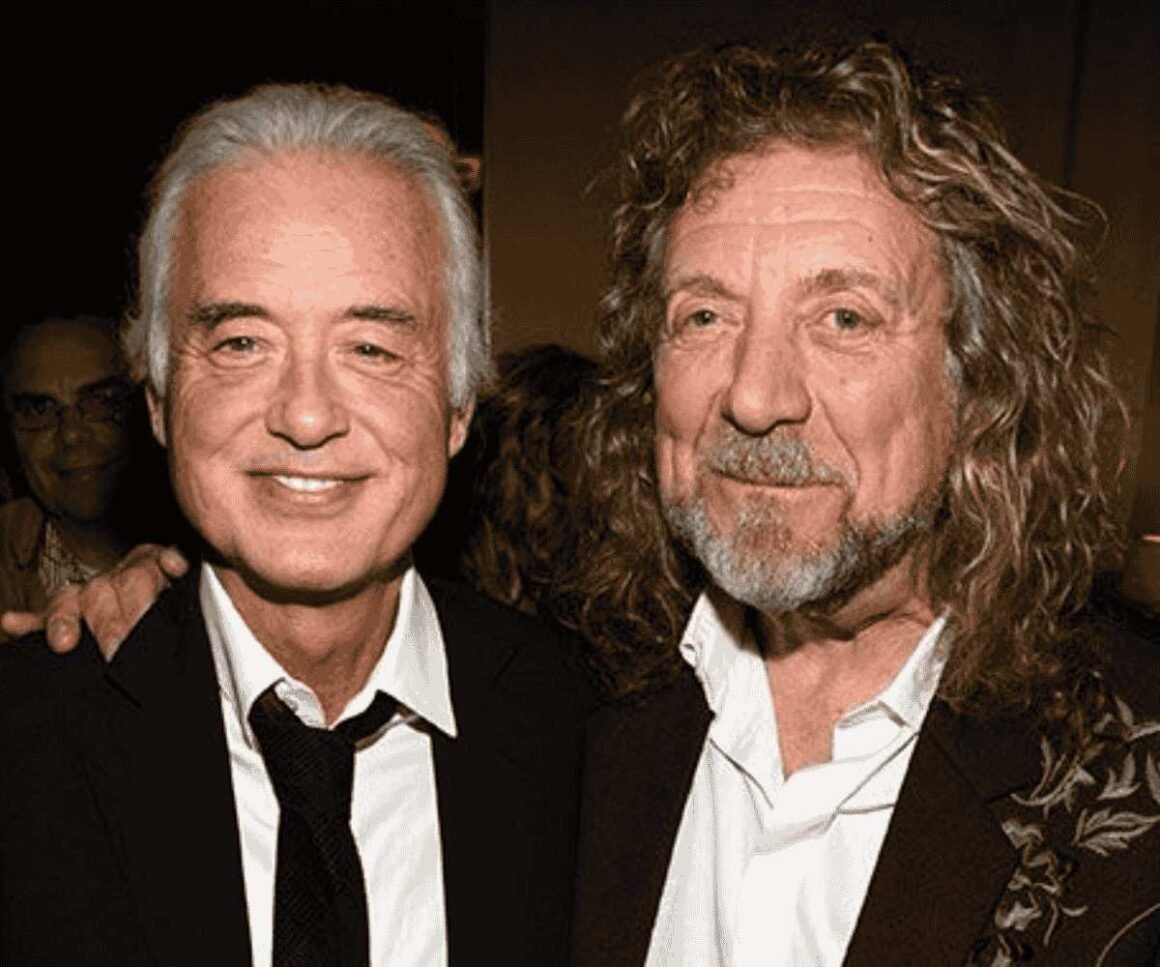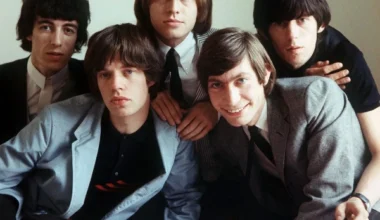Led Zeppelin, the legendary band known for its powerful sound and mystique, was often marked by the intense rivalry between its two frontmen: guitarist Jimmy Page and vocalist Robert Plant. While their onstage chemistry was electric, their relationship behind the scenes was riddled with conflict, particularly as the band’s popularity grew.
Creative Conflicts
The tension began to surface during the recording of Presence in 1976 but escalated significantly during the sessions for In Through the Out Door in 1979. Plant, grieving the loss of his son, sought to take the band’s music in a more pop-influenced direction. Page, preferring their traditional hard rock sound, accused Plant of abandoning Led Zeppelin’s roots, leading to heated arguments and a frayed relationship.
In interviews from that time, Plant expressed frustration, stating, “I want to make music that reflects where I am as a person. Sometimes, Jimmy doesn’t understand that.” Conversely, Page lamented in Guitar World, “I think Robert lost sight of what made us great.”
The Turning Point
The pivotal moment in Led Zeppelin’s history came with the tragic death of drummer John Bonham in 1980, which effectively ended the band. In a heartfelt posthumous interview, Plant expressed regret over their internal conflicts, stating, “We had a great band, and we lost it because of our egos and the things we said to each other.”
Page, reflecting on their rivalry in 2012, noted, “We were both stubborn in our own ways. But I think we pushed each other to be better musicians.” This acknowledgment reveals the complex, yet symbiotic relationship between the two, highlighting how their tensions shaped their creative legacy.
Legacy
Despite their tumultuous relationship, Page and Plant occasionally reunited for special performances, including Live Aid in 1985. However, the unresolved tensions between them lingered. As Plant remarked, “We’re like brothers, but brothers fight. It’s always going to be that way.”
The rivalry between Jimmy Page and Robert Plant remains a significant chapter in rock history, showcasing the complexities of creative collaboration and the enduring legacy of Led Zeppelin’s music.







